Crime chronicles often describe cases where dogs damage the corpses of their owners. It can be assumed that this only happens to lonely people who suddenly die in their home. Animals locked in the same apartment or house with their deceased owner are simply forced to do this so as not to die of hunger. But actually it is not. Of course, no one officially tracks how often pets kill their deceased owners. However, according to some experts, such cases are not uncommon, and they occur even when the dogs do not need food and are not hungry at all.
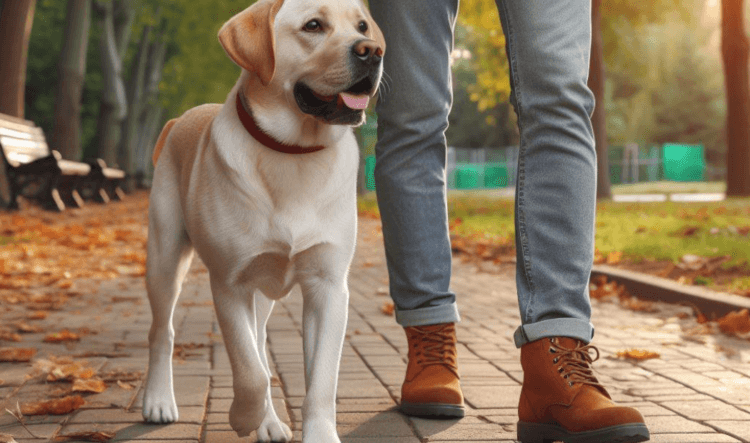
Dogs often start eating their dead owners
Dogs eat their owners even when they are not hungry< /h2>
In 1997, an unusual case was described by a forensic expert in the journal Forensic Science International. A young man aged 31 committed suicide in a garden shed by shooting himself in the mouth with a pistol. Neighbors and the man's mother heard the shot and found him dead just 45 minutes later with a suicide note.
When the police arrived at the scene, they found bite marks on his face and neck – the flesh had literally been torn from the body. The mystery of the damage to the corpse was cleared up when the German Shepherd of the man who shot himself vomited human tissue, including facial skin with recognizable beard hair.
It is impossible to attribute the dog's behavior to the fact that it was hungry. When police arrived, the dog had a bowl half filled with dog food on the floor. Apparently man's best friend decided to eat his owner for another reason.
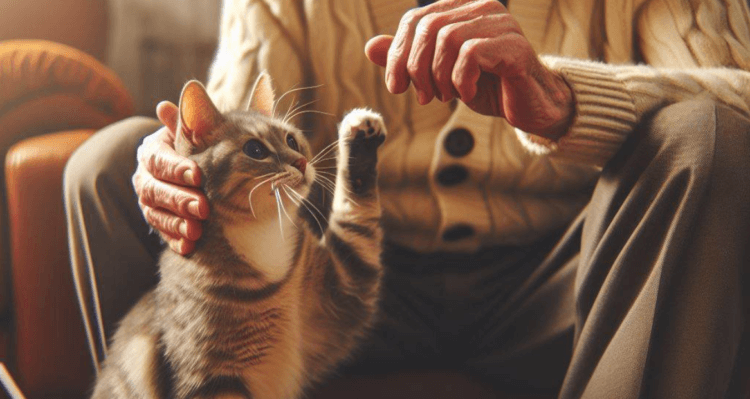
Cats are much less likely to bite their dead owners
Can cats eat their owner?
Can cats eat their owner? h2>
Some cat owners think that these «fluffies» are much more likely to be eaten if they die than dogs, as they act more aloof and show less affection for their owner. However, according to available reports, cats are actually much less likely to do this.
For example, in 2010, a woman died from an aneurysm (an abnormal dilatation of an arterial vessel by more than 50%) and was found dead the next morning. That is, less than a day has passed since the death. A forensic examination showed that the dog damaged most of her face, and two cats did not touch the corpse.
If cats do bite a corpse, they usually do not cause much harm. They bite the soft tissues of the face, but quite possibly not in order to eat them. As a rule, when a person is sleeping, cats hit their owner in the face if they want to wake him up. As forensic anthropologist Carolyn Rando, an employee at University College London, says, the cat tries to “wake up” the deceased owner, and when this fails, it begins to bite the soft tissues of the face – the nose and lips.
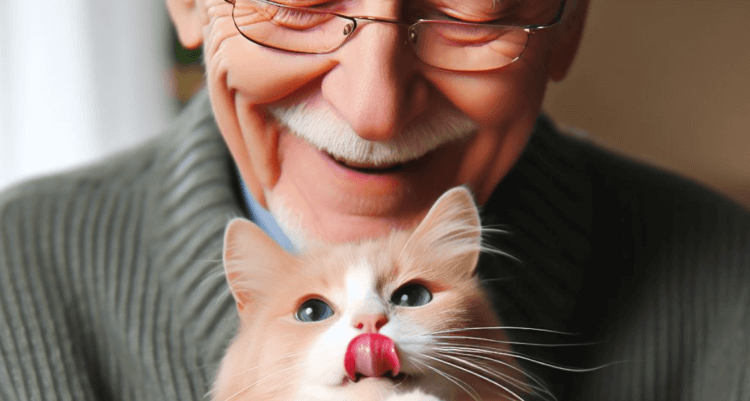
Perhaps cats bite their owners when they want to wake them up
The vast majority of documented cases of damage to human remains involve dogs. For example, a 2016 study published in the Journal of Veterinary Behavior observed that canine scavengers are regularly observed in forensic settings. This is confirmed by many forensic experts, and cats are usually not discussed.
Why dogs eat their owners
The situation with the shepherd described above suggests that dogs do not start eating their dead owner because of hunger. Of course, we are talking about only one case, and it is unknown what kind of relationship the young man had with the dog. However, a study published in 2015 described 63 such cases. The gnawed corpses were discovered less than a day after death. Moreover, in many cases, the dogs had enough other food.
At the same time, dogs do not behave like animals that get food in the wild. For example, coyotes and even wild dogs first tear off the chest and abdomen to eat the nutrient-rich organs. Domestic dogs in the vast majority of cases bite corpses on the face, and only in 15% of cases on the stomach.
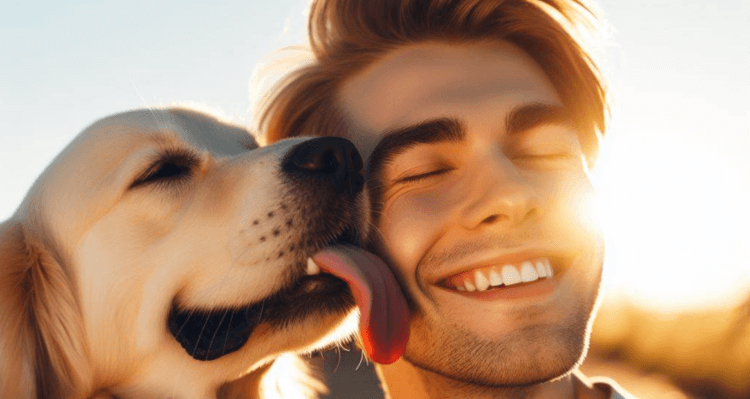
Dogs bite the corpses of their owners, even if they had a good relationship
This may indicate that for some reason domestic dogs interact with the faces of their owners, rather than treating their bodies simply as food. However, the reason for this behavior remains a mystery.
Don’t think that anything depends on the relationship between the owner and the dog. There is no evidence of any cruelty to animals in any of the case studies, and in some cases witnesses even report very good relationships – the owners loved their pets and the dogs were devoted to them.
Breed, apparently, does not matter either. Among the described cases there are both mongrels and purebred dogs of medium and large sizes. Among them are Labradors, golden retrievers and even beagles. Smaller breeds do not appear in such reports. By the way, scientists previously found that the character of a dog does not depend on its breed at all.
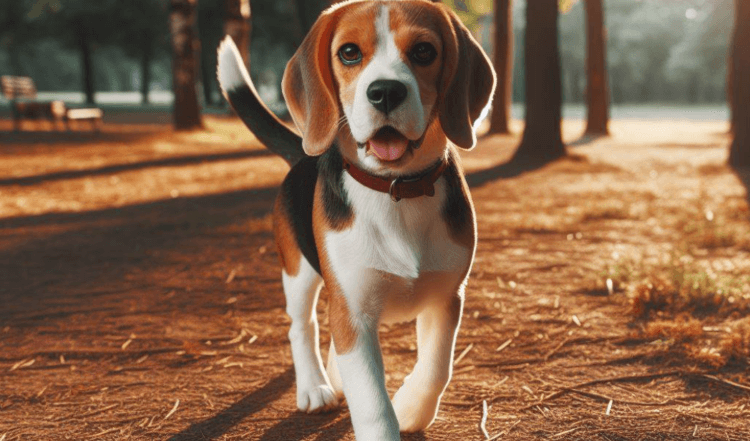
Beagle — the smallest breed of those that ate the corpses of their owners
According to one of the assumptions, the reason for this behavior of dogs is their psychological state. Perhaps at first the pet tries to help the deceased owner by licking his face, and when this does not produce any results, the animal's behavior becomes more frantic. In a state of panic, a dog may begin to bite its owner.
Don't forget to subscribe to our Zen and Telegram channels so you don't miss the most interesting and incredible scientific discoveries!
It must be said that dogs generally feel their owners well, and even understand when they are stressed. It is quite possible that they also determine death and panic. But for now this is only a warning, since no research exists on this subject yet.